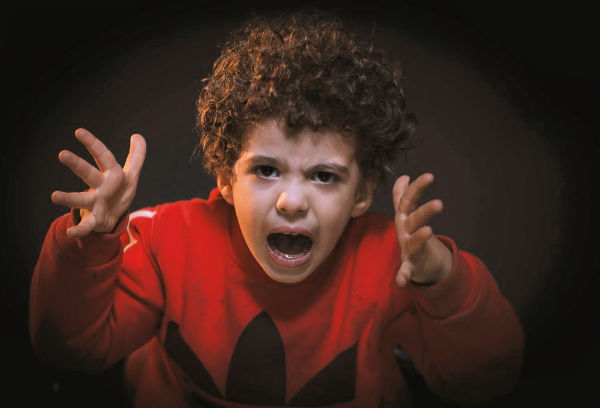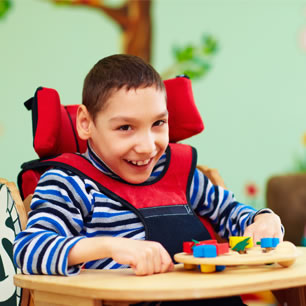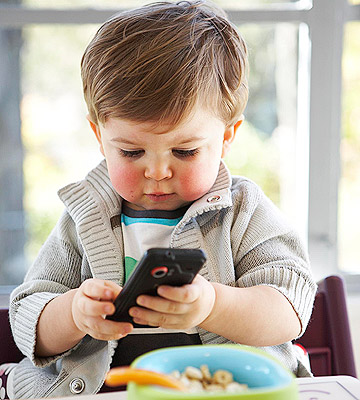RAD in Foster Care – How Hard It Can Be! Reactive Attachment Disorder – RAD – in foster care can happen when children fail to attach to their primary caregiver early in life. Janie was 42 and Joe was...
RAD in Foster Care – How Hard It Can Be!
Reactive Attachment Disorder – RAD – in foster care can happen when children fail to attach to their primary caregiver early in life. Janie was 42 and Joe was 50 when two biological half-sisters, ages 3 and 5, made them foster parents in middle Tennessee. This is the foster to adopt story of their family.
The birth mom had a number of issues and already had two other children that had been adopted out. Eventually, the birth mom voluntarily relinquished her parental rights — she was unable to keep a housing, wouldn’t stay on medication, along with other issues.
5-year-old Hope had been seriously neglected and abused before she was 3-years-old. This sad child had no self-esteem — Hope believed she was not as pretty as her brown-skinned, brown-eyed biracial 3-year-old sister, Alex, with the curly locks. By the time of placement, Hope was 5 and Janie was her third mom in two years time. Trauma counseling began on Day 1 through the agency. Specialists eventually diagnosed Hope with Reactive Attachment Disorder (RAD).
RAD in Foster Care
Although Janie educated herself with as many resources as she could find, parenting a child with RAD was a very difficult journey. She felt as though her child hated her much of the time and even felt that the child actually enjoyed making her life difficult. Janie struggled emotionally and sought out counseling for herself.
As much as possible, parents should be able to agree on styles. Janie and her husband did not always agree on parenting, which made things even more difficult. When it came to discipline or at least enforcing the rules, through their child’s triangulation, Janie felt like she was set to be the bad parent.
Younger sister, Alex was almost always loving and an over-achiever. Because of that, Janie did not have her in therapy initially. That is until the family hit the worst times: when Hope entered high school. Hope never fit in at school and struggled with her work and friendships. The stress of being more independent in 9th grade was too much for her — she didn’t feel safe on her own. She threatened suicide multiple times. Then she even threatened to kill the family with a knife. Janie and her husband had to take these threats seriously.
Ultimately, Hope ended up in a detention youth home,and then under state’s custody for nearly 2 years. The family felt broken apart.
Through all this, her younger sister, Alex, then went into therapy to deal with her pent-up anger at her sister. Throughout their lives, Alex had kept her anger toward her big sister inside because she felt she had to always keep it together in order to survive in the dysfunction. Alex had felt angry much of her childhood. Therapy helped her tremendously.
Finally, in the middle of her junior year, Hope was able to return to the family and things went pretty well. Hope enrolled in a different school than Alex, for both their well-being, which helped their relationship too.
Through most of the years, the family had a fabulous support service, through Catholic Charities, called the Adoption Support and Preservation Program (ASAP). Through ASAP, the family had access to support groups and special services. The therapist came to the home and worked with Hope, and sometimes with Alex too. These services were free for the family – the Lord blessed them with so many free services; it was amazing.
If you are parenting a traumatized child, look for support services and take advantage of them – they work wonders.
Through intense therapies and the process of healing, the family survived and the girls are doing well — Janie and her husband are so proud of their daughters.
Adopted Adults with Attachment Disorder
Hope graduated high school and has held some good jobs in retail and food service. She is a hard worker and in many ways, a very caring and sweet person. Although Hope has struggled and even gone through gender issues and suicidal thoughts, she has finally settled into her life. At age 25, Hope has a healthy relationship with the father of their one year old daughter. Hope named her daughter, Jane Nicole, after her grandmothers – Janie and the dad’s mom! What an honor – from the child whom she thought hated her!
The baby girl, Alex, is doing great now too. However, in her sophomore year of college, her issues finally slammed her. Alex felt she had to be perfect, thinking that was the only way to be loved. Doctors diagnosed Alex with an eating disorder and anxiety. She’s been in therapy for 3 years now and will graduate college in December — as what else? A social worker!!! She grew up in that world and found her place there.
Janie admits that she made mistakes and was not the perfect mother, (Who is?) However, Janie learned just how strong she is! She never gave up on her children, always advocated for them, and worked to get what they needed. Ultimately, her daughters have become beautiful, strong, loving women.
Your job as foster and adoptive parents will not always be easy, but using all the resources you can find, you can do this!











